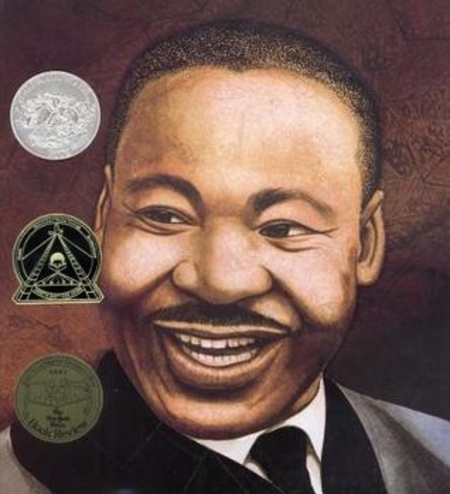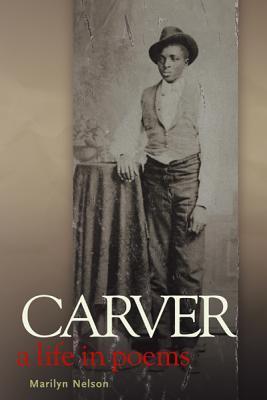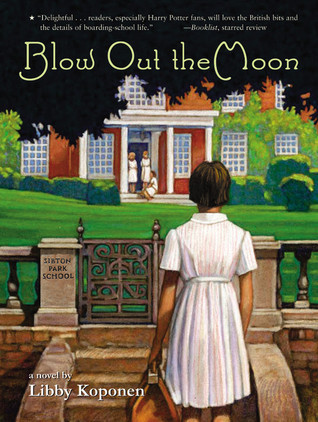
Brown Girl Dreaming
Book Description
Words dance like shadows in the mind of a young girl, weaving the bittersweet tapestry of her life. Growing up in a world filled with vibrant dreams and stark reality, she navigates the complexities of family, identity, and the pull of home. Each moment is a brushstroke on the canvas of her evolving self, painted against the backdrop of the civil rights movement. With every poem, she uncovers the power of her voice and the warmth of connection. As she grapples with the burdens of expectation and the strength of her heritage, will she find a way to leave her mark on the world?
Quick Book Summary
"Brown Girl Dreaming" by Jacqueline Woodson is a poignant and lyrical memoir in verse, recounting the author’s childhood as an African American girl growing up in the 1960s and 1970s. Woodson moves between the deeply rooted South of South Carolina and the bustling cityscape of Brooklyn, New York, exploring her family history, the bonds of kinship, and the complexities of race and identity in a changing America. Through vivid, evocative poems, she captures both the struggles and joys of her formative years, set against the backdrop of the civil rights movement. Central to her coming of age is her discovery of stories and words—tools that help her claim her place in the world and envision her future as a writer. The memoir shines with hope, resilience, and the enduring impact of dreams.
Summary of Key Ideas
Table of Contents
The Search for Belonging and Identity
Jacqueline Woodson’s memoir, crafted entirely in verse, traces her early life in both South Carolina and Brooklyn, New York. The oscillation between the rural South and urban North defines her sense of identity and belonging. In South Carolina, she is surrounded by the traditions and warmth of her maternal family but also contends with the realities of segregation. When she moves to Brooklyn, she faces a new set of cultural challenges while struggling to feel at home in both worlds. These contrasting geographies reflect her internal journey and growth.
Family Roots and Generational Influence
Family forms the emotional backbone of Woodson’s childhood. She details the strength and wisdom of her maternal grandparents in the South, particularly her loving grandmother. The family’s movement—her parents’ separation and her mother’s decision to seek a better life up North—creates both longing and a sense of stability through familial connection. The extended family, traditions, and faith shape Woodson’s resilience and understanding of where she comes from, instilling values that guide her through challenging times.
The Legacy of the Civil Rights Era
Set during a critical period in American history, the memoir naturally weaves in the broader context of the civil rights movement. Woodson’s experiences reflect both the overt and subtle ways racism and segregation impact her life and those around her. She absorbs stories of activism and change, witnessing firsthand how social upheaval affects her family’s opportunities and daily life. The era’s energy, uncertainties, and sense of possibility impart a heightened consciousness about justice, dignity, and her own role in the world.
The Power of Storytelling and Finding One’s Voice
Words and stories become Jacqueline’s sanctuary and superpower. Although she initially struggles with reading, she discovers a hunger for storytelling, spurred on by teachers, family members, and her vivid imagination. Writing and poetry offer her a way to make sense of the world, process her feelings, and claim her individuality. The act of writing is depicted as transformative, enabling her to dream of new possibilities and articulate her unique perspective where she once felt voiceless.
Resilience Amid Change
Throughout the memoir, resilience shines through Jacqueline’s response to constant change—whether moving, adjusting to divorced parents, or facing prejudice. She learns to adapt while holding on to hope and her dreams. Her story emphasizes that one’s background, struggles, and joys all contribute to the person one becomes. By embracing her heritage and nurturing her love of words, Woodson ultimately finds purpose and strength, inviting readers to believe in the power of their own dreams and voices.
Download This Summary
Get a free PDF of this summary instantly — no email required.





